“Do I own the land too?” That simple question shapes how you buy, use, and sell a home. In most U.S. deals, buyers get freehold ownership. In some areas, you may see leasehold. Knowing the difference helps you choose well. What Is Freehold? Freehold means you own the home and the land under it. Your name is on the deed. You can use, improve, rent, or sell the property within local laws and any HOA rules. There is no ground rent. What Is a Leasehold? Leasehold means you own the right to use the home for a set number of years, but another party owns the land. You pay ground rent and follow rules in the lease. When the lease ends, rights often return to the landowner unless renewed. Where You Might See It? Leaseholds show up in a few markets, often near coastlines or in master‑planned communities. Your agent can flag them early in your search. Key Differences Buyers Feel • Time Horizon: Freehold has no end date. Leasehold value often depends on how many years remain. Shorter terms can lower price and limit buyer interest. • Monthly Costs: Freehold owners pay taxes, insurance, and any HOA dues. Leasehold adds ground rent, which may increase on a schedule. • Control: Freehold offers more control over changes. Leaseholds follow lease rules and may need the landowner’s consent for some updates or rentals. • Resale: Homes with long remaining lease terms sell more easily. Short terms can slow a sale or cut value. • Financing: Some lenders want a minimum number of years left on the lease beyond the loan term. Due Diligence for Leaseholds Ask for the full lease early. Review ground rent, fee increases, maintenance duties, and renewal options. Note any limits on pets, rentals, or renovations. Confirm who handles major repairs to shared areas and what happens at lease end. Taxes and Closing Freehold buyers pay property taxes to the local authority. Leasehold buyers may see a different split of costs between landowner and resident. Title and closing can explain fees in your area. Which Is Right for You? If you want long‑term control and simpler costs, freehold often fits. If location is prime and the numbers work with ground rent, leasehold can be a smart entry point. A real estate agent can compare options so you buy with clarity. Both paths can lead to a great home. The key is to understand what you own, what you owe, and how long your rights last. With clear advice and careful review, you can choose the setup that supports your life and plans, with confidence, for years to come.
